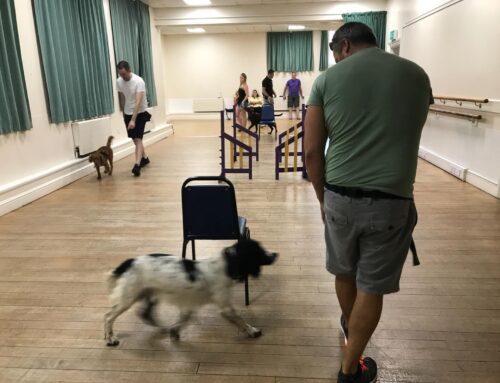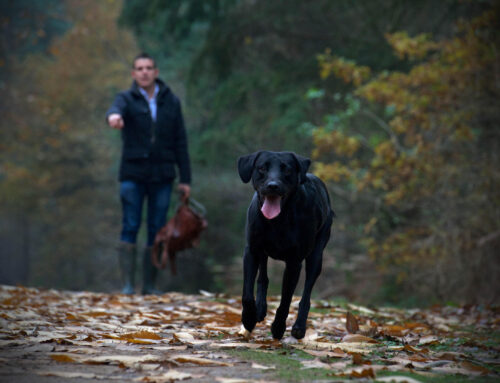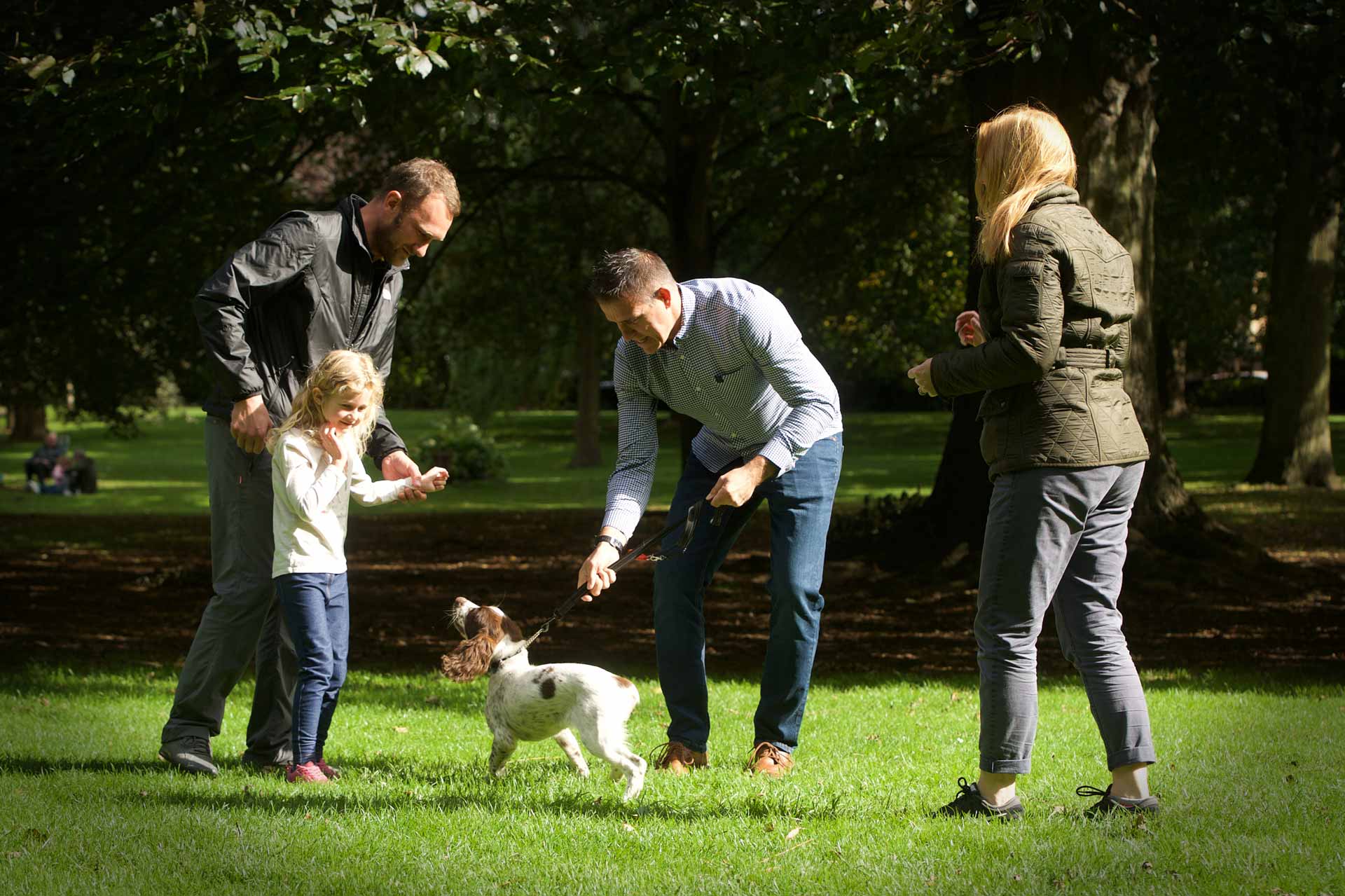It is nice for our dogs to bark and let us know when people are near the property. Importantly it provides us with security.
Dogs will bark for numerous reasons territory, protection, fear, attention, a threat and often during play or on command.
If you have lost the ability to stop your dog barking with commands, or have found the intensity to worsen when trying to correct. Then this behaviour may have far deeper triggers and psychology than you first thought,! Seeking the correct approach for re-modification is essential as to not make this behaviour worse.
Try these tips
- Don’t let your dog spend to long in the garden
- Immediately upon hearing excessive barking call your dog in
- Avoid letting your dog out if your dog looks hyped up at the back door
- Don’t yell at your dog, your only indicating there is a problem
- Understand why your dog is barking and deal with that issue.
is your dog a nuisance?
But let us now consider that your barking dog is now using the bark at an intensity that is becoming a nuisance not only to you as the owner, but possibly to neighbours as well. Sound disturbance will trigger the local council or environmental agency to assess and determine which course of action will be needed if complaints are received.
Definition of a noise nuisance
- It is a form of statutory nuisance and is defined by section 79(1)(g) EPA as being “noise emitted from premises so as to be prejudicial to health or a nuisance”
You should take into account
- Volume
- Duration
- Time of day
- A local authority is under a duty to investigate complaints of noise nuisance
Local authority will do the following
- Serve an abatement notice, or
- take such other steps as it thinks appropriate to persuade the abatement of the nuisance








